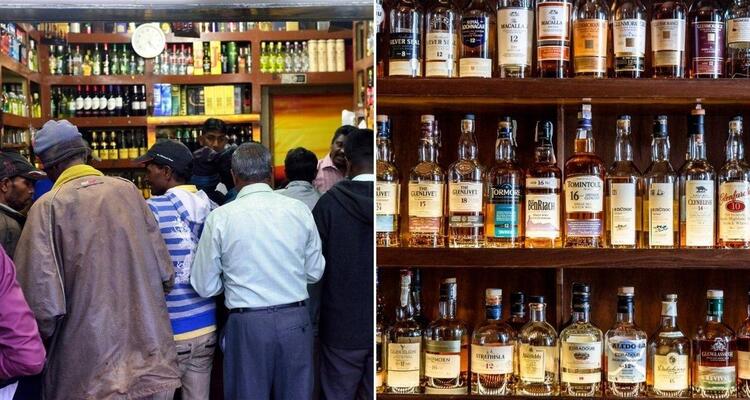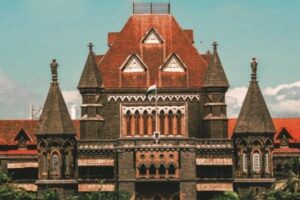
The Allahabad High Court recently addressed a Public Interest Litigation initiated by an LKG student, ruling against the renewal of a liquor license for a country liquor shop situated near a school, despite the shop’s establishment predating the school. The court, led by Chief Justice Arun Bhansali and Justice Vikas Budhwar, emphasized that the historical usage of the shop as a liquor establishment prior to the school’s existence was insufficient grounds for license renewal.
The bench underscored that licenses are issued based on the licensee’s fulfillment of eligibility criteria outlined in Rule 8 of the 2002 Rules, rather than being tied to the specific shop in question.
The Context
A guardian of an LKG student filed a Public Interest Litigation (PIL), alleging that a country liquor shop operated within a 30-meter radius of the student’s school, serving as a gathering spot for undesirable elements.
Despite a complaint filed by the petitioner’s father and a subsequent report acknowledging the shop’s proximity to the school, no action was taken due to the shop’s pre-existing status. Dissatisfied, the petitioner escalated the matter by filing a PIL in the High Court. The petitioner’s counsel argued against the rejection, stating that the authorities’ interpretation of the rules was incorrect.
The respondents relied on a proviso to Rule 5(4)(a) of the Uttar Pradesh Excise Shops Rules, 1968, allowing liquor shops predating nearby schools to continue operating. Initially seeking removal of the shop and non-renewal of its license for 2024-25, the petitioner later narrowed the request to withholding the license renewal for 2025-26 at its current location.
High Court Verdict
The court noted the liquor shop’s pre-existing status and its annual license renewal, alongside its proximity to the school, all undisputed facts. Referring to relevant rules, it stressed the necessity for liquor shop license applicants to adhere to specified distance requirements from places like schools.
The court clarified that upon the license’s expiry, compliance with distance regulations would be mandatory, with the proviso applicable only to the initial licensing year.
Dismissing the respondents’ argument that the shop could be licensed annually regardless, the court ruled in favor of the petitioner, directing against the liquor shop’s license renewal for subsequent years, thus partially granting relief in the Public Interest Litigation.
Read More: Supreme Court, Delhi High Court, States High Court, Other Courts, International





